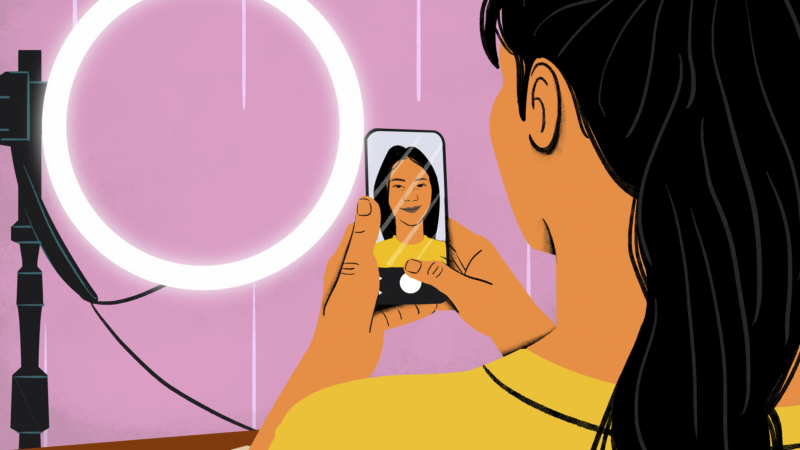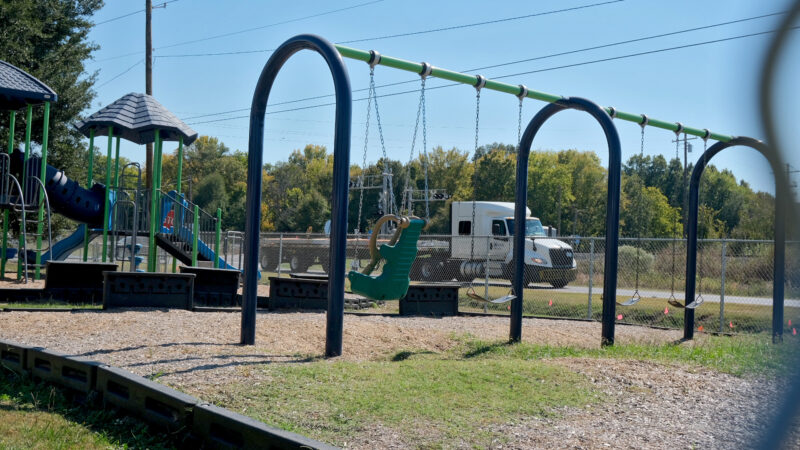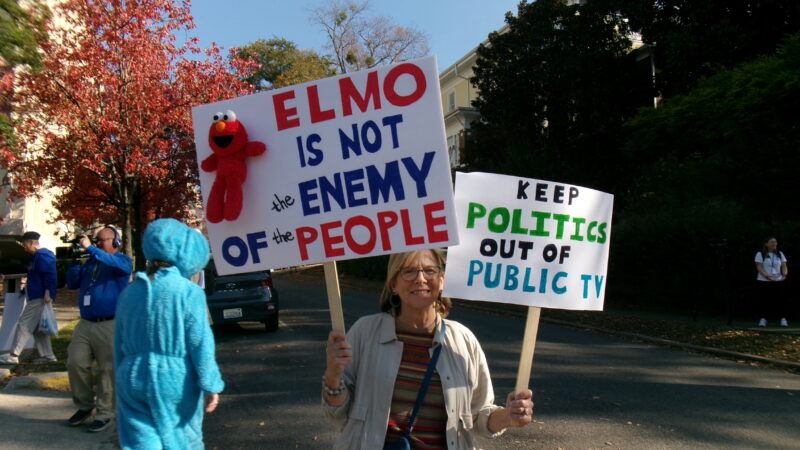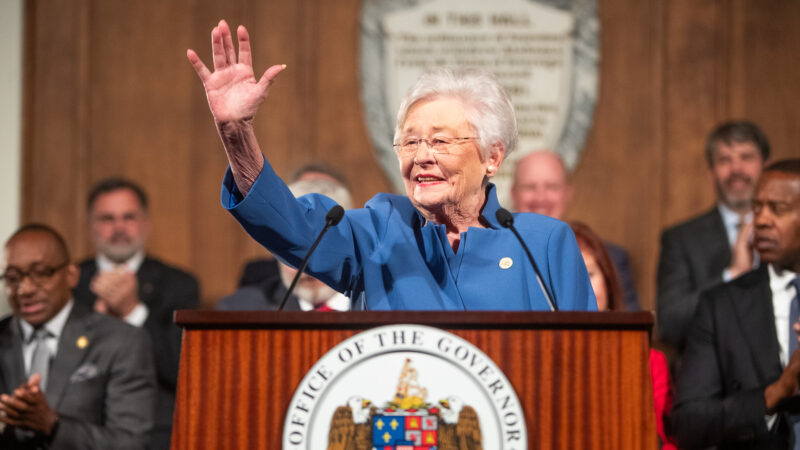TikTok is full of ADHD advice — just don’t trust it for a diagnosis
As more Americans suspect they have ADHD — attention-deficit/hyperactivity disorder — social media platforms have become go-to spots for sharing symptoms and getting advice.
That’s especially true on TikTok.
On the app, popular content on #ADHD and related hashtags have amassed hundreds of millions of views, tapping into humor or themes that feel relatable to many who live with the mental health condition. And therapists say it’s undoubtedly helped lead many adults to a diagnosis after years of being overlooked.
But new research also carries a warning.
Fewer than half of the claims in the top videos accurately match the scientific criteria that form an ADHD diagnosis. Many oversimplified or overstated the symptoms of ADHD, and weren’t backed up by reliable sources.
Many content creators were also selling something related to ADHD via links in their profiles or posts.
And even more concerning: The study suggests a heavy diet of this TikTok content shapes how people perceive ADHD, and not necessarily for the better.
“People who consumed more also felt worse about their own symptoms,” says Vasileia Karasavva, the study’s author and a postdoctoral student at the University of British Columbia. “They thought they were worse and harder to cope with.”
The work expands on previous research that has identified the spread of misleading content related to ADHD on TikTok.
“If you spend enough time on TikTok, you’re going to find hundreds of videos that you could walk away from saying, ‘That’s me, I think I have ADHD,” says Kevin Antshel, a clinical psychologist at Syracuse University.
At the same time, there’s also a growing recognition of ADHD in adults, including many who weren’t diagnosed as children. The U.S. has no guidelines specifically for adults with ADHD, and efforts are underway to roll those out later this year.
Therapists acknowledge social media is meeting a very real need, especially for people who’ve been traditionally overlooked. “It’s a mixed bag,” says Maggie Sibley, a clinical psychologist at the University of Washington School of Medicine. “It’s a great thing when people who have experiences with ADHD that have been unrecognized for decades finally get the care they need,” she says.
What TikTok gets wrong
In the study, two experienced psychologists ranked the top 100 TikTok videos, which at the time had nearly half a billion views. They gave each a score based on how closely the claims aligned with the Diagnostic and Statistical Manual of Mental Disorders, known as the DSM 5.
“A lot of them lacked nuance,” says Karasavva. “Some of the things they were describing wouldn’t apply to all people with ADHD or also could apply to people without ADHD.”
Next, close to 850 college students were asked to watch and score the five most and least accurate videos as ranked by the clinicians. Then they answered questions about their TikTok habits.
Those who watched more of this content were more likely to recommend these videos, regardless of their accuracy. They also tended to overestimate the prevalence of ADHD as nearly 30%.
In reality, it’s roughly 5% in Canada, and 6% in the U.S.
Karasavva says their findings raise questions about how TikTok is shaping views of ADHD more broadly.
A constant stream of this content could lead people “to become hyper aware of lapses in concentration or small mistakes that we all make,” she says. That might explain why people view symptoms as more severe and widespread when they watch more videos.
TikTok meets a need
But it’s not exactly a mystery why these videos resonate. They can be funny and entertaining.
“Going through a list of diagnostic symptoms, I imagine that’s kind of boring for people to watch,” Karasavva says.
In fact, Sibley, at the University of Washington, recalls how early on some “well-meaning clinicians” tried to get on TikTok with a more conventional approach.
“But who wants to watch them? Nobody,” she says, “Social media algorithms like TikTok reward novelty. The tried-and-true science is probably not going to be as popular.”
Clinicians who focus on treating ADHD say they regularly encounter the downstream effects of this social media ecosystem that has sprung up around ADHD, when patients show up at their clinics.
“They already have a self-diagnosis that’s been made based on this content, and arrive at our office telling us they have ADHD,” Antshel says. “In fact, quite often now they’re telling us the type and the dose of medication they want to treat this.”
As he sees it, the major concern is that people end up pursuing unnecessary treatment. For adults under 65 who use stimulants, more than a quarter report misuse — a well-known problem on college campuses.
He says some of this TikTok content also tends to blur the line between ADHD and symptoms that may actually point to other mental health conditions like anxiety, depression and trauma.
But Antshel stresses social media is clearly “filling a void” and for some people it can provide answers after struggling for decades.
By some accounts, one in four adults in the U.S suspect they have ADHD. Social media is likely one of many factors at play.
ADHD exists on a spectrum, Sibley says. The average American may have two or three symptoms, but this doesn’t mean they have the diagnosis.
“ADHD isn’t a temporary response to your environment,” she says, “It’s a largely genetic condition that you’ll see the thread of throughout someone’s life.”
While there are certainly some concerns, Sibley — who’s involved in developing the new ADHD adult guidelines — welcomes the novel ideas coming from places like TikTok.
“That is just fodder for us,” she says,
Sibley believes researchers should listen with an open-mind — and then rigorously study what holds up.
Judge orders new Alabama Senate map after ruling found racial gerrymandering
U.S. District Judge Anna Manasco, appointed by President Donald Trump during his first term, issued the ruling Monday putting a new court-selected map in place for the 2026 and 2030 elections.
Construction on Meta’s largest data center brings 600% crash spike, chaos to rural Louisiana
An investigation from the Gulf States Newsroom found that trucks contracted to work at the Meta facility are causing delays and dangerous roads in Holly Ridge.
Bessemer City Council approves rezoning for a massive data center, dividing a community
After the Bessemer City Council voted 5-2 to rezone nearly 700 acres of agricultural land for the “hyperscale” server farm, a dissenting council member said city officials who signed non-disclosure agreements weren’t being transparent with citizens.
Alabama Public Television meeting draws protesters in Birmingham over discussion of disaffiliating from PBS
Some members of the Alabama Educational Television Commission, which oversees APT, said disaffiliation is needed because the network has to cut costs after the Trump administration eliminated all funding for public media this summer.
Gov. Kay Ivey urges delay on PBS decision by public TV board
The Republican governor sent a letter to the Alabama Educational Television Commission ahead of a Nov. 18 meeting in which commissioners were expected to discuss disaffiliation.
A proposed Bessemer data center faces new hurdles: a ‘road to nowhere’ and the Birmingham darter
With the City Council in Bessemer scheduled to vote Tuesday on a “hyperscale” data center, challenges from an environmental group and the Alabama Department of Transportation present potential obstacles for the wildly unpopular project.









